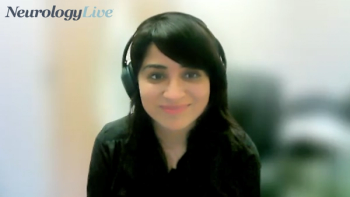
The assistant professor of neurology at the University of Virginia talked about findings from a comprehensive study on epilepsy and mild cognitive impairment, which was recently presented at AES 2023. [WATCH TIME: 5 minutes]

The assistant professor of neurology at the University of Virginia talked about findings from a comprehensive study on epilepsy and mild cognitive impairment, which was recently presented at AES 2023. [WATCH TIME: 5 minutes]
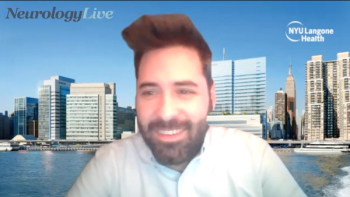
The research scientist at NYU Langone Health talked about findings from preclinical data investigating epileptiform activity in mouse models of Alzheimer disease, which were presented at AES 2023. [WATCH TIME: 4 minutes]
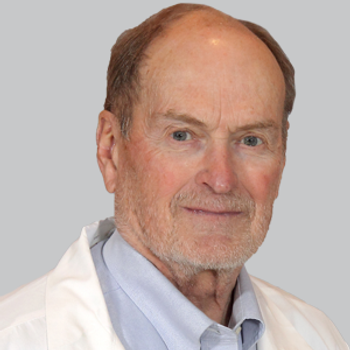
Over a 32-week treatment period, patients on trofinetide continued to show improvements on the primary efficacy outcomes of Rett Syndrome Behavior Questionnaire and Clinical Global Impression-Improvement total scores.
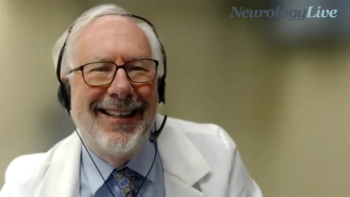
The professor of neurology at Johns Hopkins University School of Medicine talked about the need for education to optimize treatment selection and the continually changing landscape of care for patients with epilepsy. [WATCH TIME: 5 minutes]
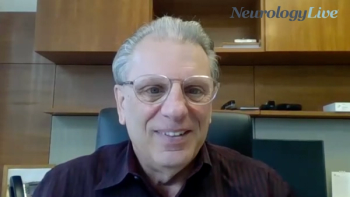
The vice president of medical affairs at SK Life Science talked about findings from a new post-hoc analysis which highlighted the importance of strategically reducing concomitant medications to minimize adverse events of epilepsy treatment. [WATCH TIME: 5 minutes]
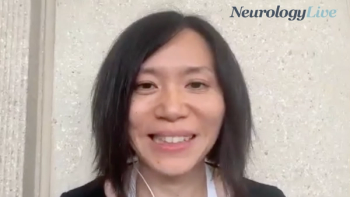
The clinical assistant professor of neurology at Stanford University talked about findings from a study on genetic testing in adults with epilepsy and the importance of access to genetic testing for this patient population. [WATCH TIME: 7 minutes]

Although a small-scale study, most infants had a positive response to ketogenic diet, with even greater effects seen in those with Ohtahara syndrome.
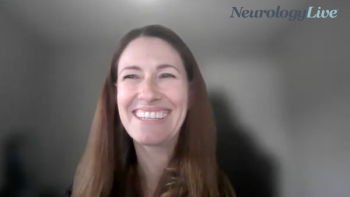
The division director of epilepsy and associate professor of neurology at The Ohio State University Wexner Medical Center talked about the impact of ongoing seizures in patients with drug-resistant epilepsy and the importance of education for emerging opportunities in epilepsy care. [WATCH TIME: 3 minutes]

Clobazam and valproate, when used concomitantly, produced a greater treatment effect with ganaxolone than other antseizure medications levetiracetam and vigabatrin.
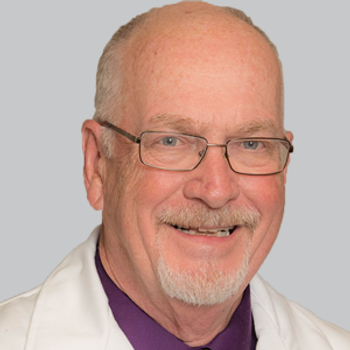
The retrospective cohort study, led by R. Eugene Ramsay, MD, highlighted the impacts of vigabatrin in patients with super refractory status epilepticus.

The division chief of pediatric neurosurgery at Ann & Robert H. Lurie Children's Hospital of Chicago talked about findings from a recently published study on long-term survival of pediatric patients with drug-resistant epilepsy which was presented at AES 2023. [WATCH TIME: 6 minutes]
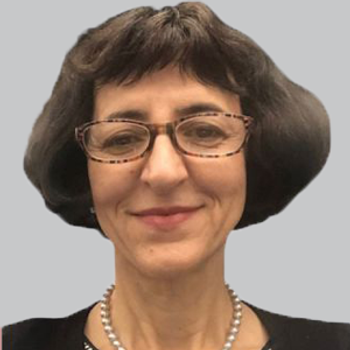
Using a caregiver questionnaire, noted improvements in verbal, non-verbal communication, and engagement were observed on soticlestat treatment.

The vice president of medical affairs at SK Life Science discussed how epilepsy remains a formidable challenge in the development of effective therapies to achieve seizure freedom. [WATCH TIME: 5 minutes]

A recent 6-month cohort study presented at the 2023 AES Annual Meeting demonstrated that adjuvant cenobamate significantly reduced seizures in patients with severe refractory focal epilepsy and suggested potential benefits in hospitalization rates.

The professor of neurology at Johns Hopkins University School of Medicine discussed the traditional view of epilepsy treatment and how the paradigm has shifted to provide new treatments to achieve seizure freedom for drug-resistant patients. [WATCH TIME: 5 minutes]
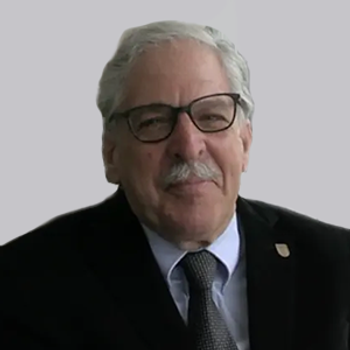
In a recent post hoc analysis of the Study C021 trial, findings support the idea that early adjustments to concomitant antiseizure medications enhance the retention of cenobamate, an FDA-approved treatment for focal seizures.
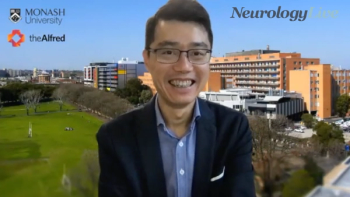
The professor of neurology in the department of neuroscience at Monash University discussed implementation strategies for treatment approaches to achieve seizure freedom in patients with epilepsy. [WATCH TIME: 5 minutes]

Over a 12-week trial period, Asian patients treated with brivaracetam demonstrated efficacy and safety outcomes that were similar to other populations previously observed.
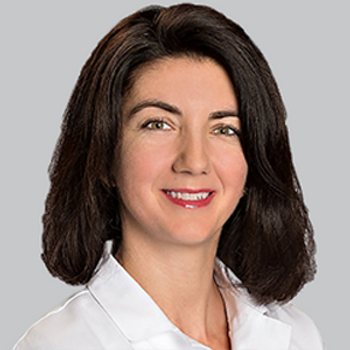
In an analysis of lacosamide in pregnant women, a low number of preterm birth deliveries were reported, with no new safety concerns identified.
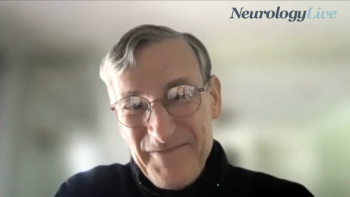
The director of the Mid-Atlantic Epilepsy & Sleep Center and adjunct associate professor of neurology at George Washington University discussed the advancements in epilepsy research, especially for drug-resistant epilepsy, to be presented at AES 2023. [WATCH TIME: 4 minutes]

Both pediatric and adult patients with tuberous sclerosis complex demonstrated significant reductions in TSC-associated seizures with no new safety concerns identified.
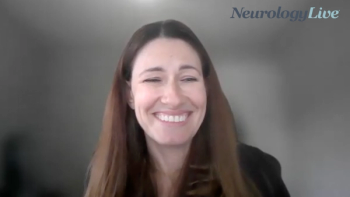
The division director of epilepsy and associate professor of neurology at The Ohio State University Wexner Medical Center discussed the profound repercussion of ongoing seizures for patients with epilepsy which is to be presented at AES 2023 in SK Life Science’s symposium. [WATCH TIME: 5 minutes]

Heather Synder, PhD, vice president of medical and scientific relations at the Alzheimer’s Association, gave thoughts on the recently concluded CTAD conference and how the organization plans to carry the positive momentum in the field.
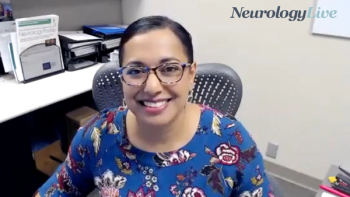
The associate professor in the department of neurology at Mayo Clinic College of Medicine talked about findings from a real-world study assessing eptinezumab among patients with chronic migraine which was presented at the AHS Scottsdale Headache Symposium 2023. [WATCH TIME: 4 minutes]

Alvaro Pascual-Leone, MD, PhD, director of the Berenson-Allen Center for Noninvasive Brain Stimulation at Beth Israel Deaconess Medical Center, provided commentary on the ways Alzheimer disease treatment has changed and how clinicians will need to adapt in the coming years.
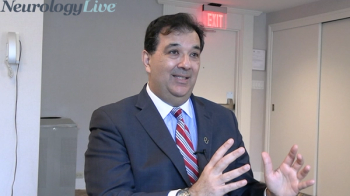
The director of the Banner Sun Health Research Institute provided commentary on his presentation at CTAD 2023 examining the value of donanemab and its effect on specific Alzheimer-related assessments. [WATCH TIME: 10 minutes]
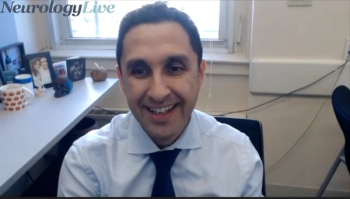
The director of the headache section at Cleveland Clinic’s Neurological Institute gave an administrative perspective on the changes to how patients with migraine are cared for, led by significant developments in recent years. [WATCH TIME: 4 minutes]
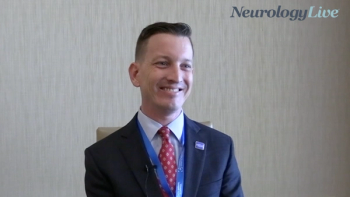
The director of disability policy at the Muscular Dystrophy Association talked about the future possibility of having an aircraft that accommodates for patients with neuromuscular disorders who use mobility devices. [WATCH TIME: 3 minutes]

The director of the headache section at Cleveland Clinic’s Neurological Institute provided commentary on the advances in the field of migraine and reasons to be excited about the 2023 AHS symposium in Scottsdale, Arizona. [WATCH TIME: 3 minutes]
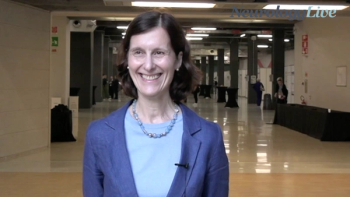
The associate professor in the department of neurology and neurosurgery at McGill University discussed results from a study on the long-term use of continuous positive airway pressure treatment among patients with multiple sclerosis and sleep apnea presented at MSMilan 2023. [WATCH TIME: 5 minutes]